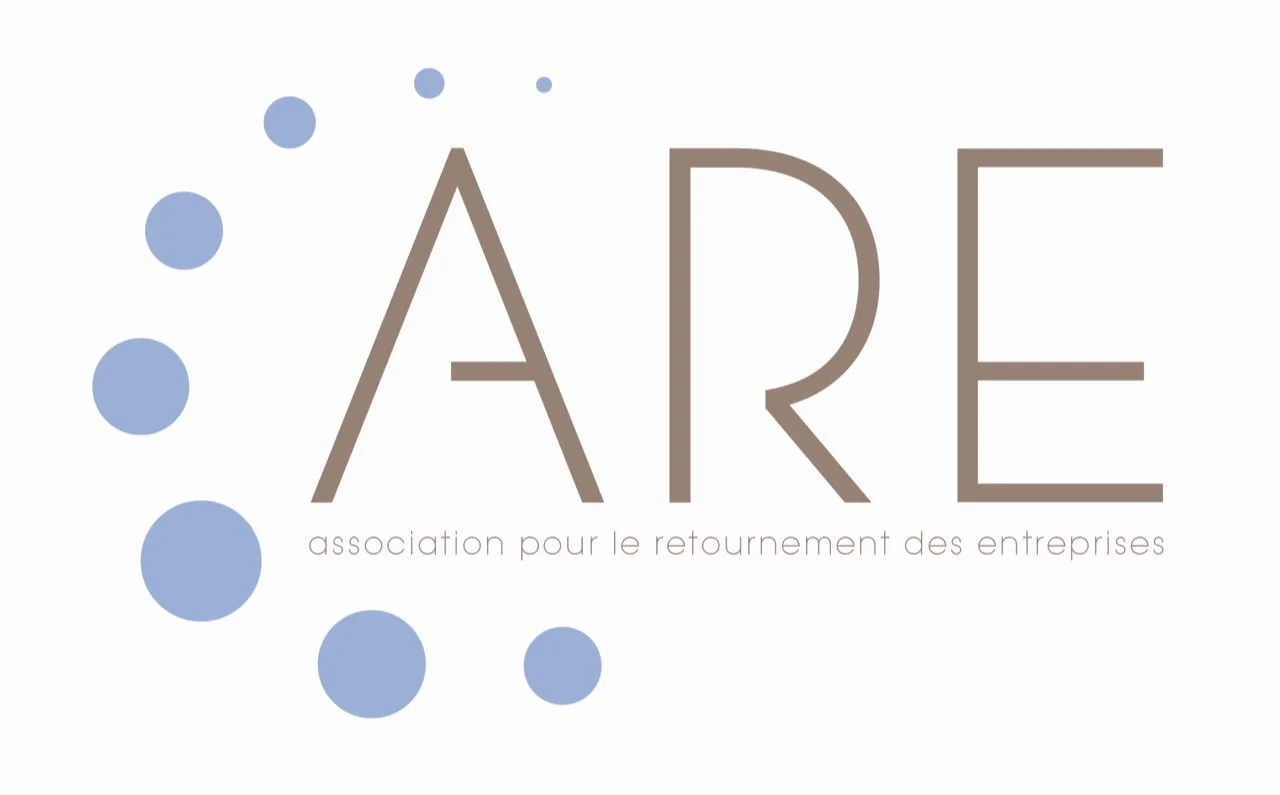Restructuring
Workshop Series 2 : 12.00pm - 1.00pm
Workshop Summary
This workshop explores the critical intersection between corporate restructuring and foreign direct investment (FDI) control, with a particular focus on the French framework within the broader European context.
Speakers
Marc Lordonnois
Partner
Weil, Gotshal & Manges LLP
Céline Domenget-Morin
Partner, Restructuring
Weil, Gotshal & Manges LLP
Moderator
Professor of Private International & Comparative Law
University of Luxembourg
What role does FDI control play in the context of corporate restructuring, and how can it help balance the need for investment with the protection of strategic national interests?
How are French authorities approaching restructurings involving foreign investors - particularly when distressed assets are in sensitive sectors - and what are the key considerations for investors navigating these deals?
What opportunities exist for collaboration between public and private actors - such as through co-investment or structured partnerships - to support viable restructurings while ensuring national resilience?
Key Questions
In times of economic stress - exacerbated by recent health, energy, and geopolitical crises - vulnerable companies in strategic sectors often become targets for foreign investors. While foreign capital can offer a lifeline through recapitalisation or asset acquisition, it can also pose risks to national sovereignty and control over sensitive technologies or infrastructure. France’s FDI screening mechanism plays a dual role in this context: protecting national interests while supporting viable restructurings that preserve jobs, sustain industrial activity, and maintain a national footprint.
The goal is not to block investment, but to ensure that takeovers of distressed companies align with France’s strategic and security interests. This often involves conditional approvals, with commitments related to R&D, local employment, or data protection. Public actors like Bpifrance and the Strategic Participation Fund play a proactive role in this landscape, often stepping in as co-investors or stabilising partners to support restructurings that align with national interests. Their involvement illustrates a broader industrial policy objective: to secure long-term resilience without closing the door to international capital.
The workshop will reflect on how these national mechanisms fit within the European framework, and what lessons can be drawn from different jurisdictions - particularly the U.S and EU - regarding how to manage FDI in sensitive sectors during restructuring scenarios and the potential for stronger coordination between public and private stakeholders.
Corporate Sponsors
*This session will be held in French
Guillaume Primot
Secrétaire Général
CIRI
Academic Sponsors
Nicolas Bouvier
Partner
Brunswick Group
Partner
FHB












